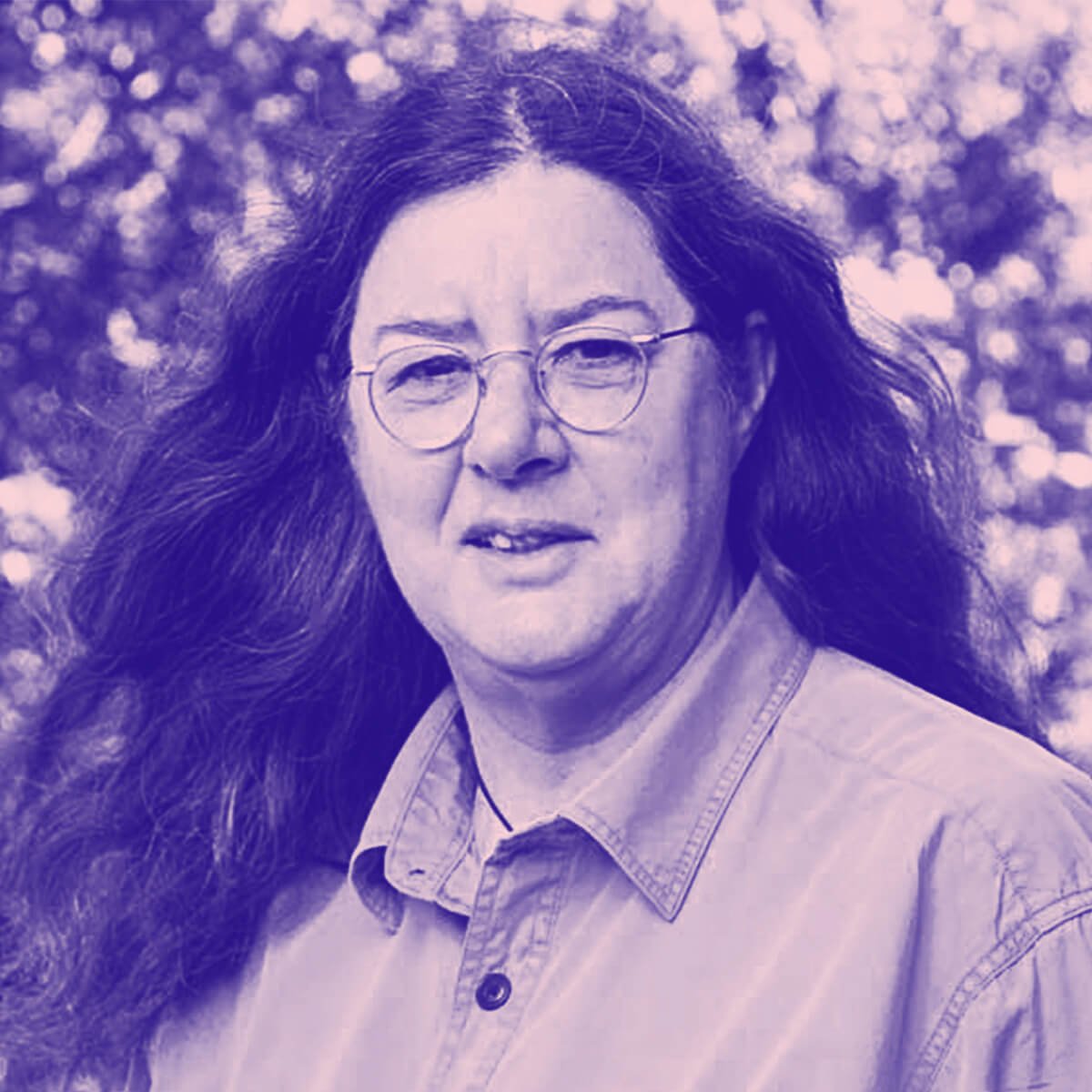
Book Reviews
Anne Reviews
“With freedom of movement and association seriously curtailed during lockdown, Carmel Macdonald Grahame and Karen Throssell found instead an opportunity for liberty of mind - to recollect, richly embroider, and feel into other lives and vistas. This book showcases the agile creativity - dress-up boxes of the imagination - of these two eloquent poets, whose complementary voices are combined here with vibrant synergy.”
– Anne M. Carson
Angles
Sylvia Reviews
– Sylvia Martin
The Crime of Not Knowing Your Crime
“The Crime of Not Knowing Your Crime, ten years in the making, is compelling and timely. As a poet, academic researcher, daughter and granddaughter, Throssell employs an innovative mix of biography, memoir, poetry and history to recount the shadowy, Kafkaesque persecution of her father by ASIO and conservative political forces, including the press. In a collage made up of 103 “items,” she combines poetry and prose, letters, articles, photographs and quotes, all laid out like an ASIO dossier, complete with white-on-black quotes from Ric Throssell’s autobiography that resemble redactions uncovered for the reader. (It’s a most impressive job by graphic designer Viktoria Ivanova.) Also included is an informative contextual essay by cold war historian Phillip Deery.
The richness of the main text is achieved not via a conventional narrative arc, but by letting these varied voices, visual images and writing styles rub up against each other, almost like Brechtian dialectical theatre transferred to the page Karen also builds compassionate pen pictures of Ric as a father, of her mother, and of her famous grandmother. Ric had a shack in the back garden of their quarter-acre Canberra block to which he would repair for hours each weekend to write, “having the odd break to chop wood for the ‘Wonder heat’ or to tend the veggie patch.” A series of poems reveals Karen’s shy, beautiful and fiercely intelligent mother: The Crime of Not Knowing Your Crime is a book to savour, return to and reflect on. It is also chillingly timely as the world moves closer to a new cold war, drawn along different but no less dangerous lines.”
John Reviews
“You would expect writing to be in Karen ‘s blood. The third in an Australian literary dynasty, Karen is the granddaughter of Katharine Susannah Prichard and daughter of Ric Throssell. She is a passionate advocate for women and the disadvantaged in our community, as well as those who seek to be heard above the contemporary materialistic din.Her poems are intense, committed, and true. This first collection, with its freshness and directness of approach, establishes an immediate rapport with the reader. The Old King is a great debut from a poet who, from the outset commands attention with her honesty, psychological insight and her emotional assurance.”
– John Jenkins
The Old King
Melinda Reviews
“Motherhood Statement is a fascinating poetic biography/memoir for the poets’ mother, Eileen Dorothy Throssell, who had a Philosophy degree with first class honours from Melbourne University, and who was once accused by Vladimir Petrov of being a Russian spy. There are some excellent poems here, achieving an interesting mosaic effect With lines and images repeated between poems. The book is formally varied with pantoums, haibun, and some interestingly structured ‘conversations’ between the two voices of mother and daughter, representing a deep engagement with the theme. The diction is sparse, honed and precise. There are also fine ekphrastic pieces responding to photos of Dorothy.”
– Melinda Smith
Motherhood Statement
Carmel Reviews
“In these poems Karen writes about life, especially family life, in generous large and encompassing terms. The poetry is fearless about moments of grief and love, but leavened with a wry sense of irony. Across the collection Karen draws on insightful threads of connection between the domestic and personal and the social/political. Her imagery ranges from home garden to myth, refusing to be pinned down and yielding a freshness the at makes the poetry like spring water – it nourishes.”
– Carmel Macdonald Grahame
Chain of Hearts
Sandy Reviews
“In The Dialectics of Rain Karen used poetry as creative way of having a dialogue between the personal and the political – after all Karen is someone who is keenly attuned to the feminist dictum that the personal is political … All the way through the book we are having conversations, being asked questions, challenged and confronted by personal existential musings that begin with the personal and end by entering the political terrain. Many facets of Karen’s life are in these poems. Her concerns for family, the environment, politics, nature, family violence, women and sexual politics, religious hypocrisy, the damage gambling can wreak, the effects of war. All are investigated with intelligence and deep sincerity and a keen eye for the personal as political. The Dialectics of Rain is a conversation between all these elements seeking to find a new way, an enlightened way towards a better world where poetry is at the forefront, driving the conversation. The Dialectics of Rain is Karen’s gift to the world, and to us, as lovers of poetry and seekers of truth.”
– Sandy Jeffs
The Dialectics of Rain
Robyn Reviews
– Robyn Rowland
A strong political poetics infuses ‘Remembering How to Cry.’ But the wit and humour in some of the poems, saves us from didacticism and blends the political and personal neatly, e.g. in ‘Why didn’t they stay in Balwyn’, where the intrusion of the city into the country is aptly represented. But also, in ‘The Other’ - on the Aireys Inlet public bar. Karen writes with directness, honesty and a lack of artifice. There is a direct line from her pounding integrity to the page. ‘Ripe with life’ on breast cancer screening, ‘Not sorrow, Johnny’ and ‘Visualising war’ are examples of this. But though the political has been strongly represented, this is not to say that the book has no personal poems. There are still touching movements towards the heart; the interior of life: e.g ‘Remembering how to cry’; ‘Like mothers throughout time’. Karen also gives us a lovely inroad into nature in this book. In her previous book, I really loved the poem ‘Sea pictures’. Karen tells me it took her about three years to put it together. Using a time sequence she gives us a layered picture of the many faces of the sea at Aireys Inlet. In this new book, we have ‘River Haiku’, this time using the timing of seasons to move us along with the river. This is a book to suit all tastes, all seasons. The poetry is accessible, moving, strong, passionate, honestly critical and direct. What more can we ask of the poet and the craft, that gives voice to so much of life.





